Back in 2009, a few faculty members at Ritsumeikan Asia Pacific University (located in Beppu, Oita, Japan), along with the university’s first president, considered that the often promoted concept in the early years of the 21st century of this being the “Asia Pacific Century” needed re-evaluation, not only with respect to possible scenarios for the years to come, but even of what was meant by the term “Asia Pacific.” Even though “Asia Pacific” was being used widely in the media and in academe to describe an emerging region, this usage was often (in fact, usually) imprecise and elusive, and tended to change over the years in line with changes in the global political economy. As we explored the idea of a new refereed journal that would provide a fresh look at the region and its evolving position in the world, one thing which became very clear to us was that the most useful and illuminating academic work on the region is nearly always multidisciplinary, drawing on a range of theories and methods. Analysis using a single narrowly-defined theoretical or methodological perspective is often both highly technical for the non-specialist and ignorant of a large part of the reality on the ground.
The result of our efforts was Asia Pacific World, a peer-reviewed, scholarly journal that focuses on the social, political, cultural and economic development of the Asia Pacific region. One of the core reasons for launching Asia Pacific World was the hope of encouraging the publishing of interdisciplinary work accessible to a wide range of regional specialists, which in turn could provide comparative insights into the nature of the processes and changes taking place across the region as a whole. So far we have certainly published interdisciplinary and wide-ranging papers in our three volumes (six issues) to date. The following keyword cloud shows the topic distribution of the published papers. We continue to receive a steady stream of papers and a good response from potential reviewers.
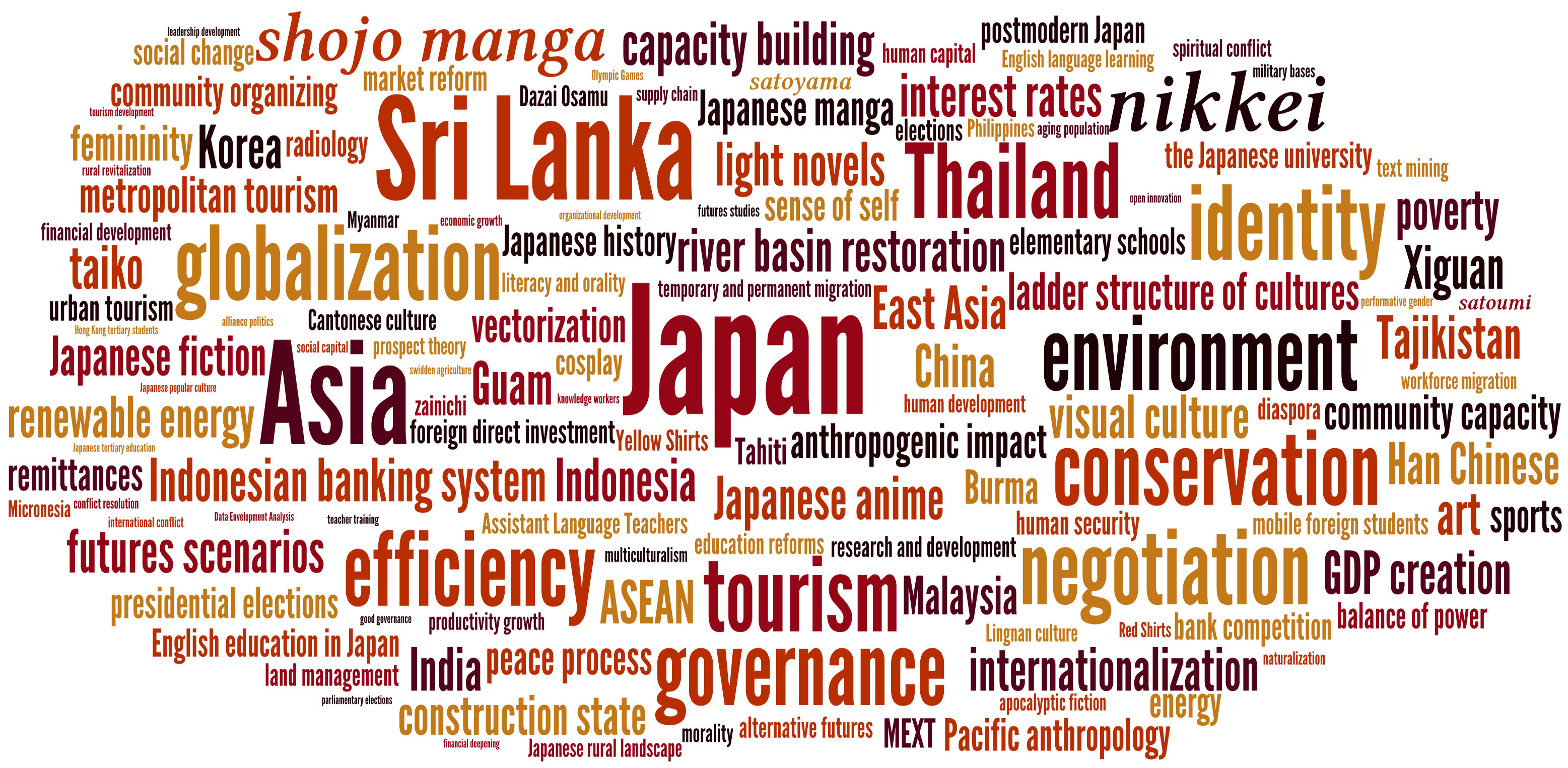
You can receive Asia Pacific World through membership in its parent association: the International Association for Asia Pacific Studies (IAAPS). IAAPS aims to shape and promote Asia Pacific Studies. It focuses on the Asia Pacific from interdisciplinary perspectives, encompassing humanities, social and management sciences and natural sciences. IAAPS has held three annual conferences so far (from which some papers have been published in Asia Pacific World): two at Ritsumeikan Asia Pacific University and the most recent one in November 2012 at the Chinese University of Hong Kong. The 2013 conference will be held in Manila at De La Salle University.
We hope that the journal will provide the academic frame for our quest to redefine and understand the Asia Pacific in the next few years, and we encourage contributions from those reading this post with an interest in Asia Pacific studies.
Malcolm J. M. Cooper
Chief Editor, Asia Pacific World
For the most recent issues of Asia Pacific World, please visit the journal’s website: http://journals.berghahnbooks.com/apw/
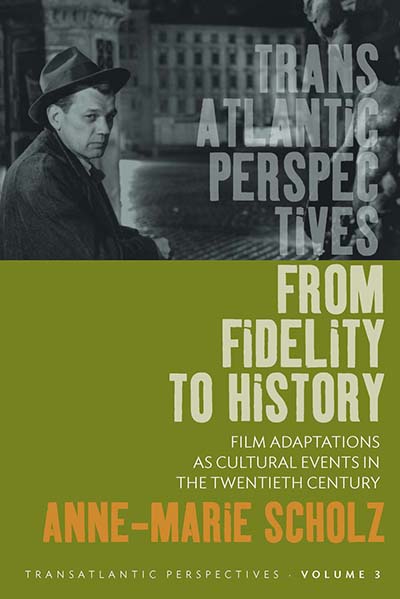

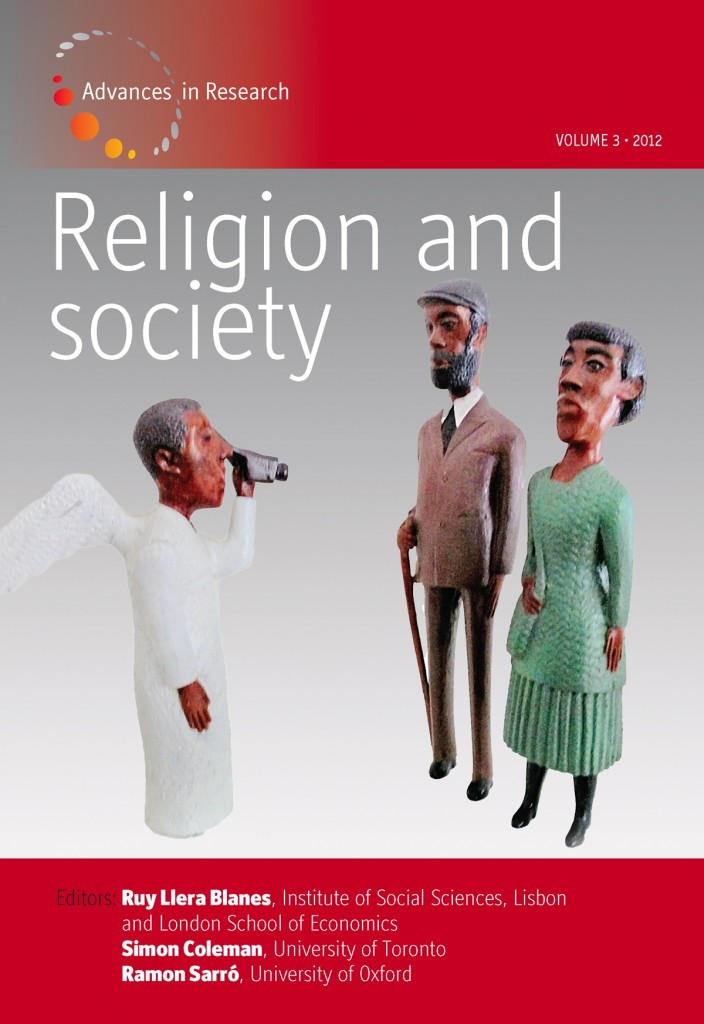
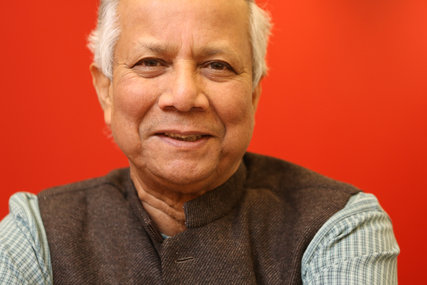
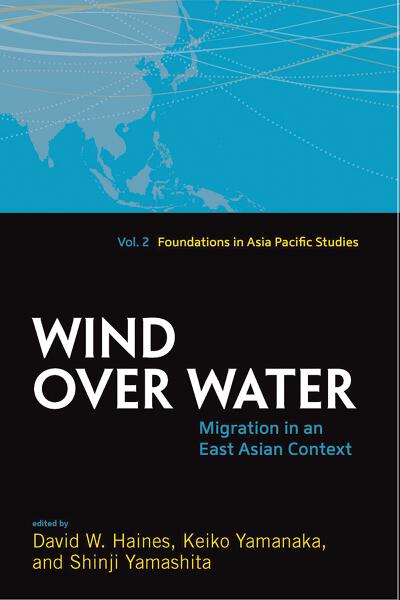 Wind over Water grew out of a concern to see East Asia – and East Asian scholars – better represented in the literature on contemporary human migration. Perhaps its most important purpose has been to show the full range and import of migration in East Asia rather than attempt any particular theoretical or policy argument. Thus the volume ranges, as the back cover blurb will tell you, “from Korean bar hostesses in Osaka to African entrepreneurs in Hong Kong, from Vietnamese women seeking husbands across the Chinese border to Pakistani Muslim men marrying women in Japan, from short-term business travelers in China to long-term tourists from Japan who ultimately decide to retire overseas.” While there are limitations to this kind of inclusive approach, it has the decided advantage of forcing a consideration of East Asia migration in its entirety: whether short-term or long-term, whether internal or across national borders, whether for economic or social purposes. Furthermore, it does so for countries that are closely linked politically and culturally but divided quite sharply between those with already rather well-developed economies, like Japan and South Korea, and those with still developing ones, such as China and Vietnam.
Wind over Water grew out of a concern to see East Asia – and East Asian scholars – better represented in the literature on contemporary human migration. Perhaps its most important purpose has been to show the full range and import of migration in East Asia rather than attempt any particular theoretical or policy argument. Thus the volume ranges, as the back cover blurb will tell you, “from Korean bar hostesses in Osaka to African entrepreneurs in Hong Kong, from Vietnamese women seeking husbands across the Chinese border to Pakistani Muslim men marrying women in Japan, from short-term business travelers in China to long-term tourists from Japan who ultimately decide to retire overseas.” While there are limitations to this kind of inclusive approach, it has the decided advantage of forcing a consideration of East Asia migration in its entirety: whether short-term or long-term, whether internal or across national borders, whether for economic or social purposes. Furthermore, it does so for countries that are closely linked politically and culturally but divided quite sharply between those with already rather well-developed economies, like Japan and South Korea, and those with still developing ones, such as China and Vietnam.
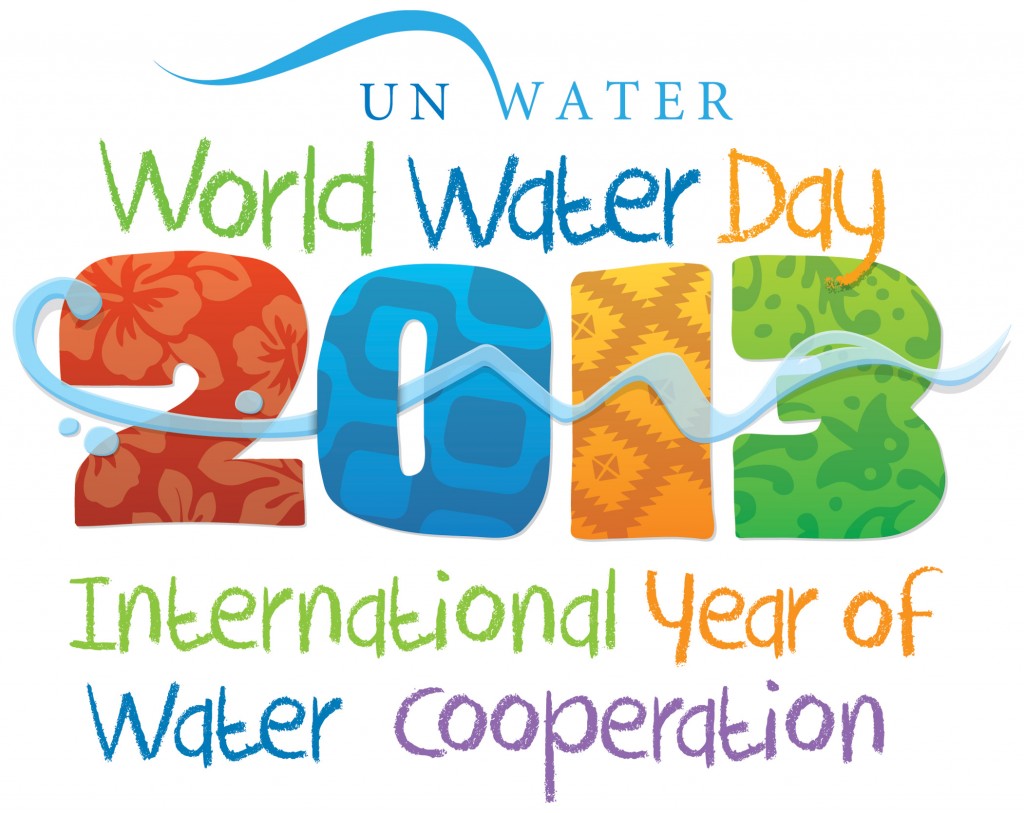
 Newly released paperbacks from Berghahn:
Newly released paperbacks from Berghahn: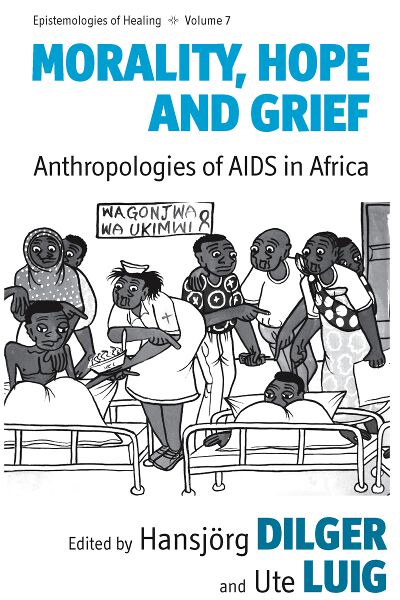 Hansjörg Dilger is the editor, along with Ute Luig, of
Hansjörg Dilger is the editor, along with Ute Luig, of 